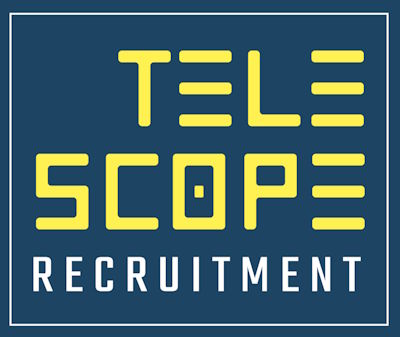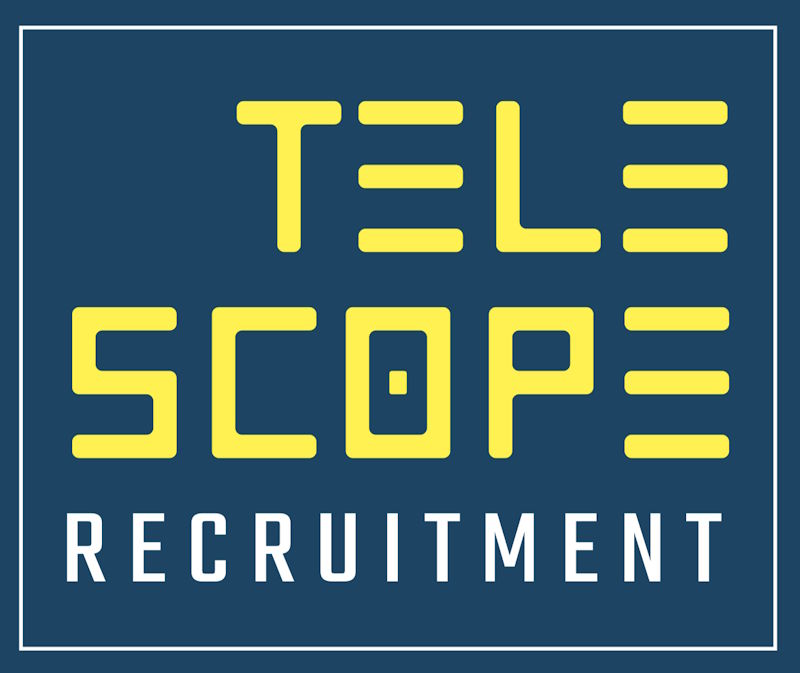Designed by Freepik
Two weeks ago, we shared why the degree no longer defines the hire—and the conversation sparked a lot of interest. But what does skills-first hiring actually look like on the ground? Google, IBM, and EY are showing us. From cost savings to measurable increases in diversity, the results speak for themselves. Here’s a closer look at how companies are putting this into practice—and what we’re seeing in the hiring market.
The hiring landscape is undergoing a quiet revolution. Companies are moving beyond degrees—and discovering measurable results when they do.
In 2023, Google reported that 75% of graduates from its Career Certificates program secured jobs with an average salary increase of $30,000. Many of these individuals, like Maria—a former retail worker turned cybersecurity analyst—entered the workforce without a university degree. What they brought instead were skills, certifications, and drive.
This shift isn’t just about widening access. It’s a strategy with a clear business case.
IBM estimates it saves $2 million annually by removing unnecessary degree filters and focusing on skill-based assessments. Ernst & Young saw a 32% increase in workforce diversity after adopting similar changes. These aren’t one-off wins—they point to a structural advantage. Organizations embracing this model are unlocking talent faster, broadening their candidate pool, and strengthening retention.
We’ve seen this play out with our own clients. When employers replace “Bachelor’s degree required” with specific skills—say, “Proficiency in Python and 3+ years of project experience”—they gain access to overlooked but highly qualified candidates. These professionals often bring hands-on experience through bootcamps, freelance projects, or certifications like AWS or PMP.
To make this model work, hiring teams must also evolve how they assess talent. Blind recruitment tools like GapJumpers help reduce bias by anonymizing resumes. Skill assessments—from coding tests to portfolio reviews—allow employers to evaluate what candidates can actually do, not just where they’ve been.
As Laszlo Bock, Google’s former SVP of People Operations, put it: “GPAs and pedigrees predict nothing. What matters is what you can do.”
The future of hiring isn’t just about removing barriers. It’s about building smarter, more inclusive, and more effective teams. And for organizations willing to look past the degree, the payoff is already here.
Partnering with Telescope Recruitment means embracing a visionary approach that illuminates your path to success. Together, we will reach new heights and create constellations of success that shine brightly in the cosmic realm of recruitment. Join us today and experience the difference we can make for your organization or career.





